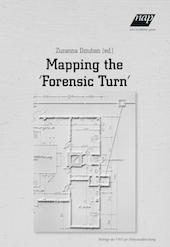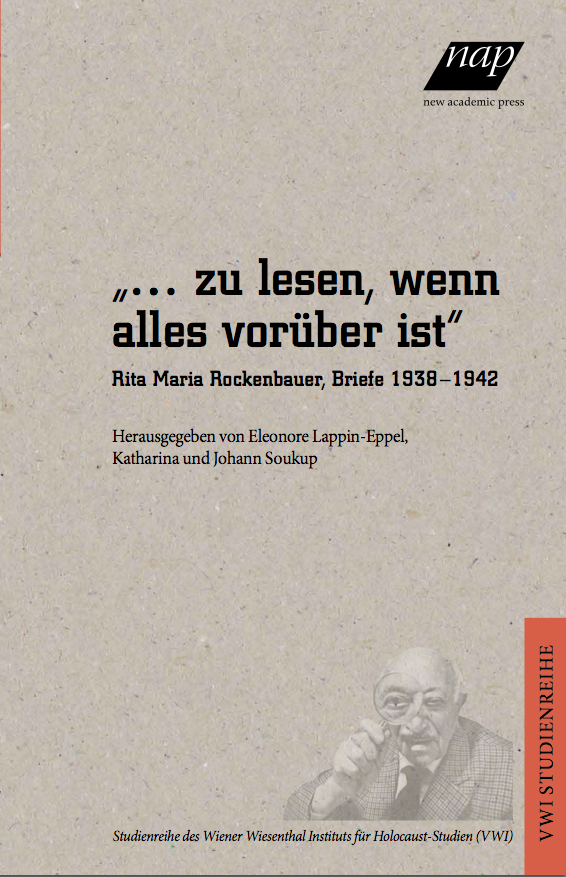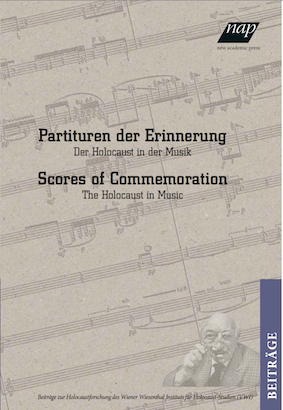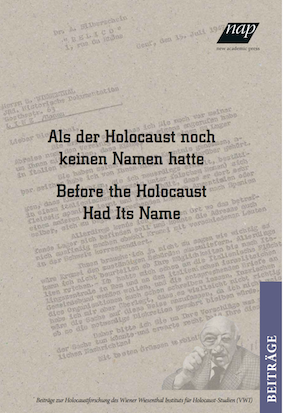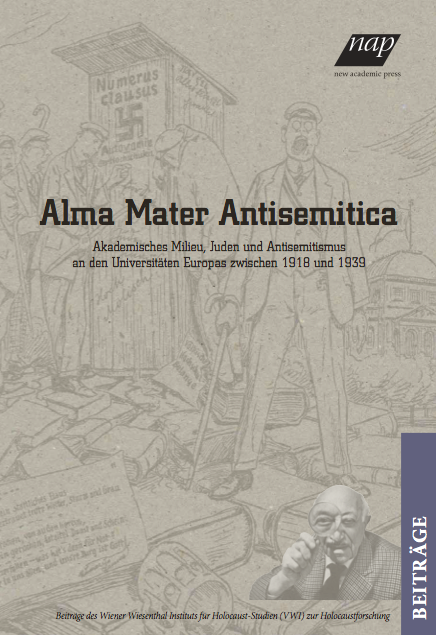 The Jewish Territorialists, represented as of 1934 by the Freeland League for Jewish Territorial Colonisation, searched for places of settlement for Jews outside Palestine/Israel. I here argue that Territorialist ideology demonstrated both continuity and change in the post-1945 years, and continued to focus on an investment in Diaspora life, Yiddishism, anti-statism, colonial and postcolonial attitudes, and Socialist Revolutionary idealism. This article thus challenges the notion that the Shoah spelled the end of non-Zionist Jewish political activities, by demonstrating the ways in which the Freelanders, headed by the enigmatic Isaac N. Steinberg (1888–1957), imagined an alternative Jewish cultural and political future a er the Shoah. By mapping the Territorialist movement’s continued endeavours after 1945, this study also adds to our broader understanding of the rich spectrum of post-Shoah Jewish political ideologies.
The Jewish Territorialists, represented as of 1934 by the Freeland League for Jewish Territorial Colonisation, searched for places of settlement for Jews outside Palestine/Israel. I here argue that Territorialist ideology demonstrated both continuity and change in the post-1945 years, and continued to focus on an investment in Diaspora life, Yiddishism, anti-statism, colonial and postcolonial attitudes, and Socialist Revolutionary idealism. This article thus challenges the notion that the Shoah spelled the end of non-Zionist Jewish political activities, by demonstrating the ways in which the Freelanders, headed by the enigmatic Isaac N. Steinberg (1888–1957), imagined an alternative Jewish cultural and political future a er the Shoah. By mapping the Territorialist movement’s continued endeavours after 1945, this study also adds to our broader understanding of the rich spectrum of post-Shoah Jewish political ideologies.
Editorial
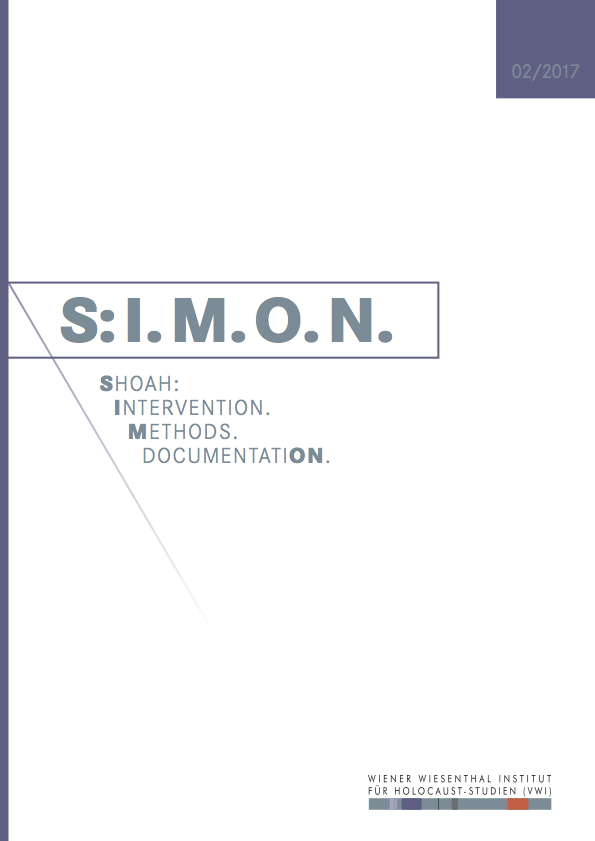 S:I.M.O.N. is an e-journal of the Vienna Wiesenthal Institute for Holocaust Studies (VWI). It appears twice a year in English and German language. S:I.M.O.N. aims at both a transnational and comparative history of the Holocaust and Jewish Studies in Central and Eastern Europe within the broader contexts of the European history of the 20th and 21st century, including its prehistory, consequences and legacies as well as the history of memory.
S:I.M.O.N. is an e-journal of the Vienna Wiesenthal Institute for Holocaust Studies (VWI). It appears twice a year in English and German language. S:I.M.O.N. aims at both a transnational and comparative history of the Holocaust and Jewish Studies in Central and Eastern Europe within the broader contexts of the European history of the 20th and 21st century, including its prehistory, consequences and legacies as well as the history of memory.
S:I.M.O.N. serves as a forum for discussion of various methodological approaches. The journal especially wishes to strengthen the exchange between researchers from different scientific communities and to integrate both the Jewish history and the history of the Holocaust into the different “national” narratives. It also lays a special emphasis on memory studies and the analysis of politics of memory. S:I.M.O.N. uses a double-blind review system, which means that both the reviewer’s and the author’s identities are concealed from each other hroughout the review process.
Shoah: The journal deals with the history of the Shoah from multidisciplinary, transnational and comparative perspectives. It seeks to integrate studies on Jews as well as on other groups of victims of the Holocaust, especially on Roma, and of so far less researched regions of (East) Central and (South) Eastern Europe.
Intervention. The journal reports on research projects and their transmission into public events. It also informs about current educational and remembrance programs.
Methods. The journal serves as a forum for the discussion of methodological approaches as, for instance, the everyday history, oral history, gender history, the history of violence, anti-Semitism and racism and the theory of memory and memory politics.
DocumentatiON. The journal contributes to critical approaches on using and interpreting archival materials in the 21st century.
Download the current issue S:I.M.O.N. 2017/2.
Articles
Katharina Friedla
„A Naye Yidishe Heym in Nidershlezye“. Polnische Shoah-Überlebende in Wrocław (1945-1949). Eine Fallstudie
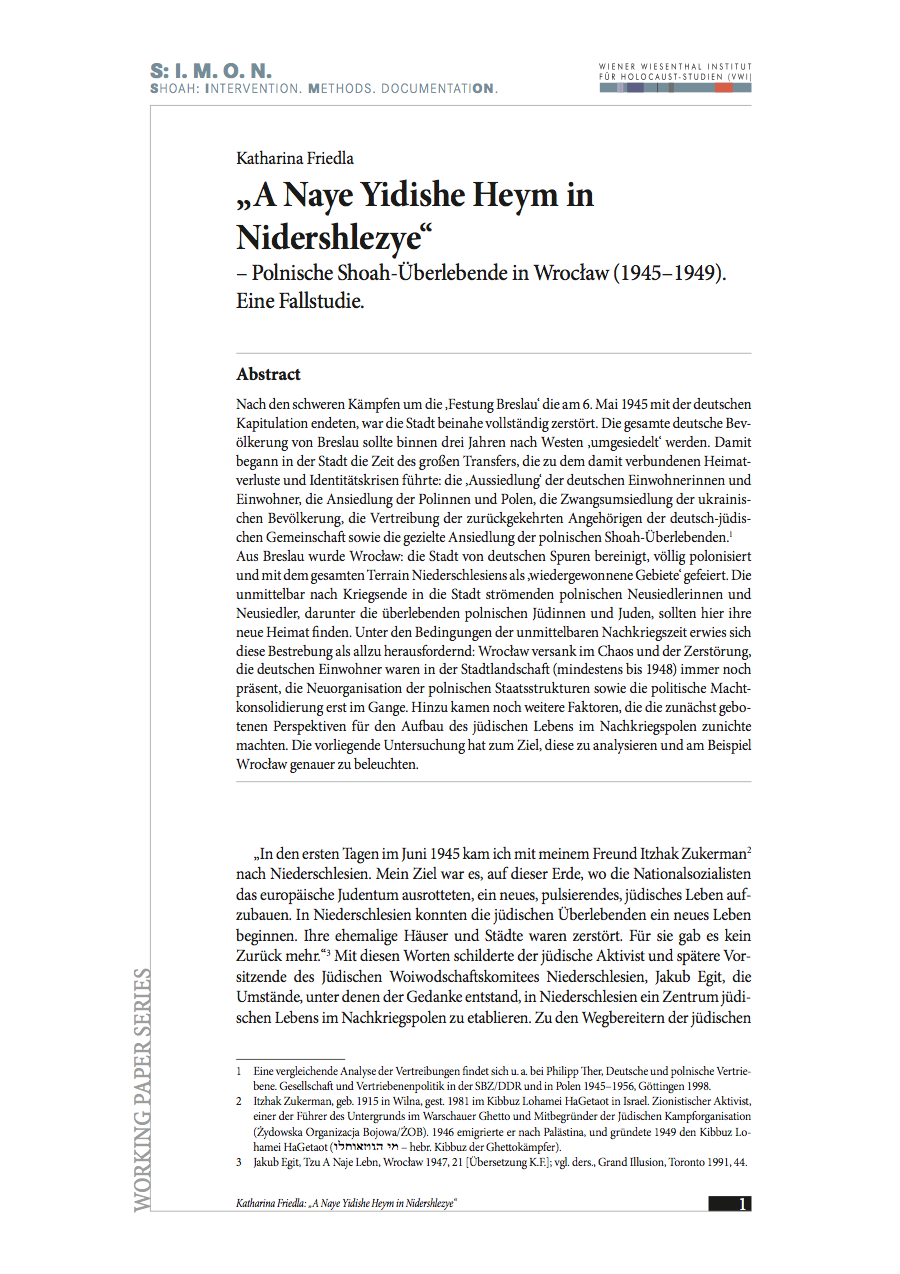 Heavy fighting around 'fortress Breslau' resulted in the German surrender on May 6, 1945 and almost completely destroyed the city. The following three years saw the 'relocation' of the city's entire German population to the West. It was the beginning of the city's great transfer period, which inevitably caused the losses of homes and identity crises: it included the ‚resettlement‘ of the German inhabitants, the settlement of Poles, the forced resettlement of the Ukrainian population, the expulsion of the returned members of the German-Jewish community as well as the directed settlement of Polish Shoah survivors. Breslau became Wrocław: the city was rid of German traces, utterly Polonized and, together with the entire area of Lower Silesia, celebrated as a „recovered territory“. The Polish settlers who surged into the city immediately after the end of the war, including Polish Jewish survivors, were supposed to find a new home there. This proved to be too great a challenge under the circumstances of the immediate post-war era: Wrocław was immersed in chaos and destruction, the presence of its German inhabitants was still apparent throughout the city (at least until 1948), the reorganization of the Polish state structures as well as the political consolidation of power was only just underway. Moreover, other factors also contributed to the demolition of initial prospects that Jewish life would be established in post-war Poland. This contribution aimed to analyse and illuminate these factors at hand of the example of Wrocław.
Heavy fighting around 'fortress Breslau' resulted in the German surrender on May 6, 1945 and almost completely destroyed the city. The following three years saw the 'relocation' of the city's entire German population to the West. It was the beginning of the city's great transfer period, which inevitably caused the losses of homes and identity crises: it included the ‚resettlement‘ of the German inhabitants, the settlement of Poles, the forced resettlement of the Ukrainian population, the expulsion of the returned members of the German-Jewish community as well as the directed settlement of Polish Shoah survivors. Breslau became Wrocław: the city was rid of German traces, utterly Polonized and, together with the entire area of Lower Silesia, celebrated as a „recovered territory“. The Polish settlers who surged into the city immediately after the end of the war, including Polish Jewish survivors, were supposed to find a new home there. This proved to be too great a challenge under the circumstances of the immediate post-war era: Wrocław was immersed in chaos and destruction, the presence of its German inhabitants was still apparent throughout the city (at least until 1948), the reorganization of the Polish state structures as well as the political consolidation of power was only just underway. Moreover, other factors also contributed to the demolition of initial prospects that Jewish life would be established in post-war Poland. This contribution aimed to analyse and illuminate these factors at hand of the example of Wrocław.
SWL-Reader
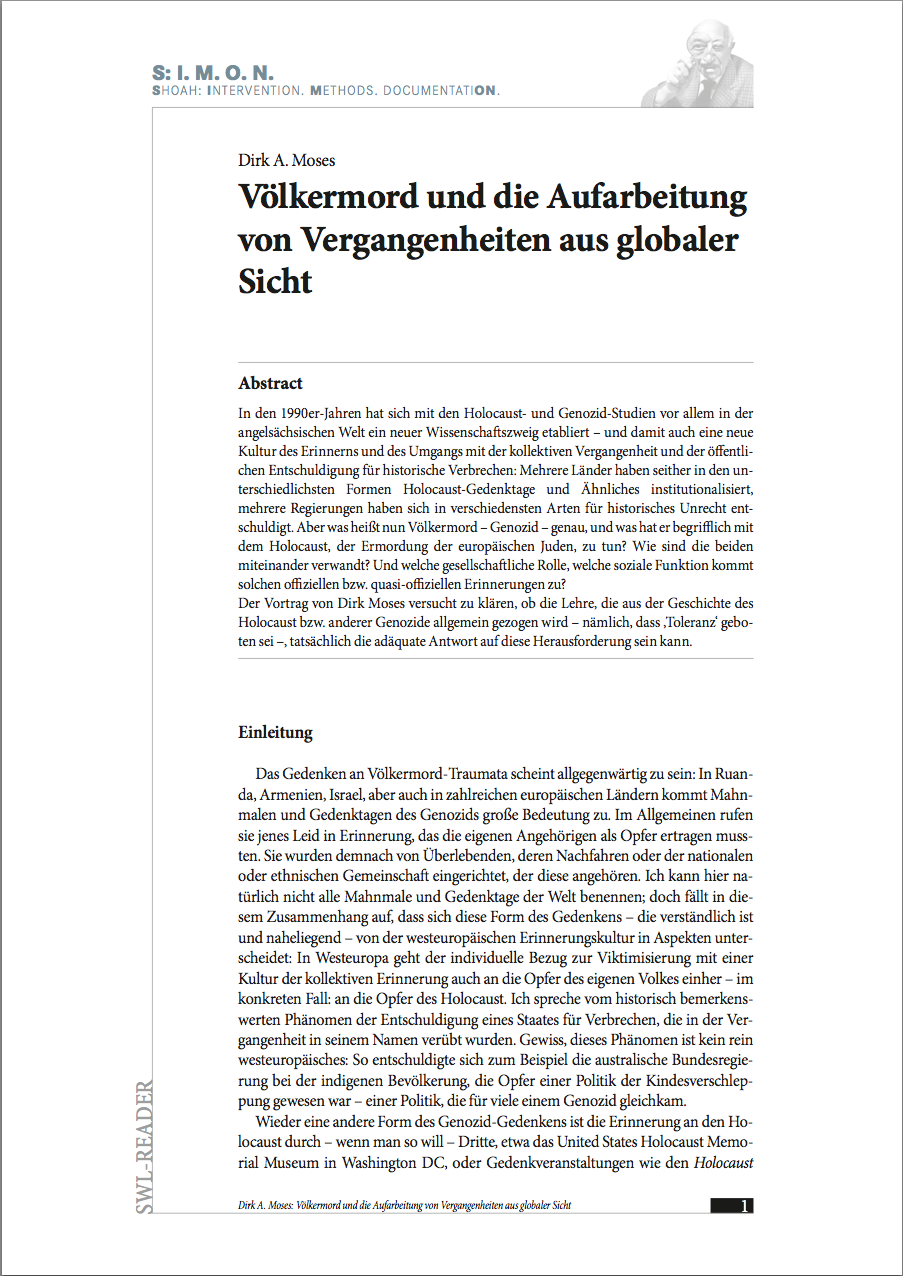 Holocaust and Genocide Studies emerged as a new discipline during the 1990s, particularly so in the Anglo-Saxon world. This development also established a new culture of remembrance and treatment of the collective past and public apologies for historical crimes. Since then, several countries have institutionalized Holocaust memorial days and similar institutions in a range of formats, several governments have apologized for historical injustices in various manners. Yet, there remains the question of a precise definition of a genocide – and in what way the term is connected to the Holocaust, the murder of the European Jews. How are these two related? What is the social function of such official or semi-official remembrances, and what is their role in society?
Holocaust and Genocide Studies emerged as a new discipline during the 1990s, particularly so in the Anglo-Saxon world. This development also established a new culture of remembrance and treatment of the collective past and public apologies for historical crimes. Since then, several countries have institutionalized Holocaust memorial days and similar institutions in a range of formats, several governments have apologized for historical injustices in various manners. Yet, there remains the question of a precise definition of a genocide – and in what way the term is connected to the Holocaust, the murder of the European Jews. How are these two related? What is the social function of such official or semi-official remembrances, and what is their role in society?
In his lecture, Dirk Moses endeavoured to clarify whether the insights gained from the history of the Holocaust and other genocides in general – namely, the imperative of 'tolerance' – really does provide an adequate answer to this challenge.
Events
Miloslav Szabó
Ein ‚antislowakischer' Oscar-Film? Zur Darstellung des Holocaust im tschechoslowakischen Film Obchod na korze
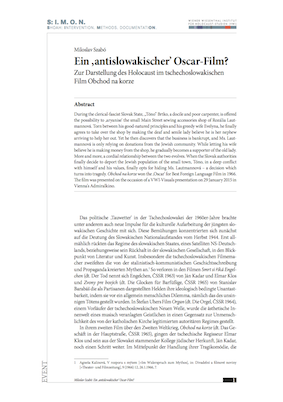 During the clerical-fascist Slovak State, "Tóno" Brtko, a docile and poor carpenter, is offered the possibility to 'aryanise' the small Main Street sewing accessories shop of Rozália Lautmannová. Torn between his good-natured principles and his greedy wife Evelyna, he finally agrees to take over the shop by making the deaf and senile lady believe he is her nephew arriving to help her out. Yet he then discovers that the business is bankrupt, and Ms. Lautmannová is only relying on donations from the Jewish community. While letting his wife believe he is making money from the shop, he gradually becomes a supporter of the old lady. More and more, a cordial relationship between the two evolves. When the Slovak authorities finally decide to deport the Jewish population of the small town, Tóno, in a deep conflict with himself and his values, finally opts for hiding Ms. Lautmannová – a decision which turns into tragedy. Obchod na korze won the 'Oscar' for Best Foreign Language Film in 1966. The film was presented on the occasion of a VWI-Visuals presentation on 29 January 2015 in Vienna's Admiralkino.
During the clerical-fascist Slovak State, "Tóno" Brtko, a docile and poor carpenter, is offered the possibility to 'aryanise' the small Main Street sewing accessories shop of Rozália Lautmannová. Torn between his good-natured principles and his greedy wife Evelyna, he finally agrees to take over the shop by making the deaf and senile lady believe he is her nephew arriving to help her out. Yet he then discovers that the business is bankrupt, and Ms. Lautmannová is only relying on donations from the Jewish community. While letting his wife believe he is making money from the shop, he gradually becomes a supporter of the old lady. More and more, a cordial relationship between the two evolves. When the Slovak authorities finally decide to deport the Jewish population of the small town, Tóno, in a deep conflict with himself and his values, finally opts for hiding Ms. Lautmannová – a decision which turns into tragedy. Obchod na korze won the 'Oscar' for Best Foreign Language Film in 1966. The film was presented on the occasion of a VWI-Visuals presentation on 29 January 2015 in Vienna's Admiralkino.
Laura Almagor: A Territory, but not a State. The Territorialists’ Visions for a Jewish Future after the Shoah (1943–1960)
„... zu lesen, wenn alles vorüber ist“
Rita Maria Rockenbauer, Briefe 1938 –1942
Wien 2014
Partituren der Erinnerung.
Der Holocaust in der Musik
Scores of Commemoration.
The Holocaust in Music
Wien 2015
Before the Holocaust Had Its Name. Early Confrontations of the Nazi Mass Murder of the Jews
Wien 2016
Akademisches Milieu, Juden und Antisemitismus an den Universitäten Europas zwischen 1918 und 1939
Academic Milieu, Jews and Antisemitism at European Universities between 1918 and 1939
Wien 2016


